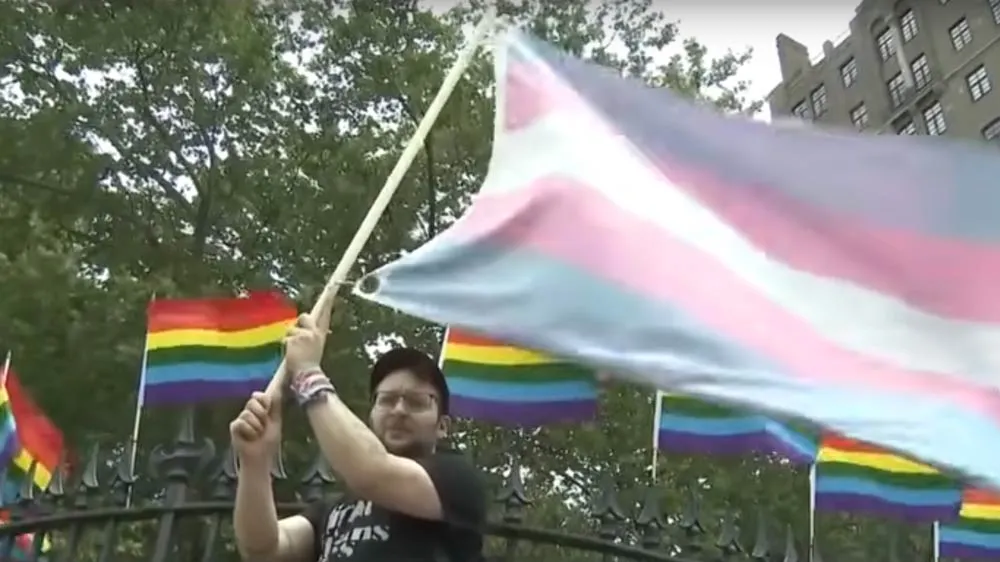December 14, 2016
SAMSHA Provides $1,348.515 to Programs in Mass. For Adult Mental Health, Substance Abuse Prevention, Treatment and Recovery
EDGE READ TIME: 4 MIN.
The Substance Abuse and Mental Health Services Administration (SAMHSA) has awarded up $1,348,515 to programs in Massachusetts for mental health and substance use prevention, treatment, and recovery. These SAMHSA grants are geared toward expanding and enhancing behavioral health care services for adults across the nation.
"This funding will help fulfill SAMHSA's commitment to reduce the impact of substance use and mental health disorders on America's communities," said SAMHSA Principal Deputy Administrator Kana Enomoto. "It will provide services to a number of vulnerable groups including people with HIV/AIDS and the homeless, among others."
The grant programs going to Massachusetts included in this SAMHSA effort are:
Cooperative Agreement to Benefit Homeless Individuals (CABHI)
The purpose of this program is to enhance and expand the infrastructure and mental health and substance use treatment services of states and territories, local governments, and other domestic public and private nonprofit entities, federally recognized American Indian/Alaska Native tribes and tribal organizations, Urban Indian organizations, public or private universities and colleges, and community-based and faith-based organizations.
Funding level - 1 grantee receiving up to $398,515 per year for up to three years - List of awardees
Grants to Expand Care Coordination Targeted Capacity Expansion (TCE) through the Use of Technology Assisted Care (TAC) in Targeted Areas of Need (TCE-TAC)
The purpose of the program is to enhance and/or expand the capacity of substance use disorder treatment providers to serve youth and adults with substance use disorders or co-occurring substance use and mental disorders who have been underserved, have special needs, or both (e.g., elderly, ethnic and racial minorities, criminal justice involved individuals, etc.).
Funding level - 1 grantee receiving up to $280,000 per year for up to three years - List of awardees
Targeted Capacity Expansion Peer-to- Peer (TCE-PTP)
The purpose of this program is to expand and enhance service capacity through the provision of peer recovery support services for those individuals with substance use disorders (SUDs) and their family members.
Funding level - 2 grantees receiving up to $250,000 per year for up to three years - List of awardees
Violence Intervention to Enhance Lives (VITEL)
The Violence Intervention to Enhance Lives (VITEL) supplemental grants will allow awardees to enhance existing substance use disorder (SUD) treatment services by implementing intimate partner violence (IPV) screening.
Funding level - 1 grantee receiving up to $70,000 per year for up to five years - List of grantees
Statewide Peer Networks for Recovery and Resiliency (Statewide Peer Networks for R&R)
The purpose of this grant program is to provide a one-year developmental period to promote cross-system collaboration, expand the peer workforce, build infrastructure, and enhance capacity among currently funded SAMHSA Recovery Community Services Program - Statewide Networks, currently or formerly funded Statewide Consumer Networks, and currently or formerly funded Statewide Family Networks.
Funding level - 1 grantee receiving up to $100,000 for one year - List of grantees
These grants build on HHS's recent actions to expand access to behavioral health care services, including opioid treatment. In November, HHS enabled nurse practitioners and physician assistants to begin training to prescribe the opioid use disorder treatment, buprenorphine. NPs and PAs who complete the required training and seek to prescribe buprenorphine for up to 30 patients will be able to apply to do so beginning in early 2017. Previously, only physicians could prescribe buprenorphine.
SAMHSA finalized a rule in July that expanded access to MAT by allowing practitioners who had a waiver to prescribe buprenorphine for up to 100 patients for a year or more, to now obtain a waiver to treat up to 275 patients. Practitioners are eligible to obtain the waiver if they have additional credentialing in addiction medicine or addiction psychiatry from a specialty medical board and/or professional society, or practice in a qualified setting as described in the rule.
The HHS Opioid Initiative - PDF focuses on improving opioid prescribing practices; expanding access to medication-assisted treatment (MAT) for opioid use disorder; and increasing the use of naloxone to reverse opioid overdoses. The initiative concentrates on evidence-based strategies that can have the most significant impact on the crisis.
The actual award amounts may vary, depending on the availability of funds.
For more information on SAMHSA grants, visit http://www.samhsa.gov/grants.


